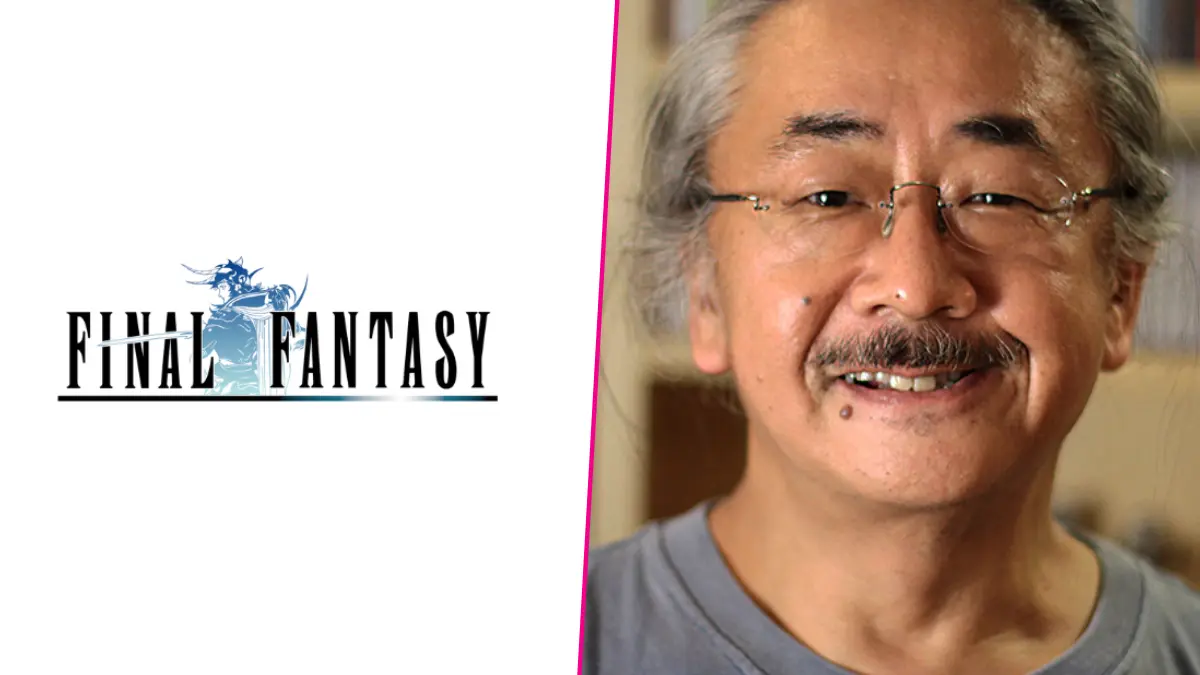Nobuo Uematsu, the composer behind Final Fantasy‘s most iconic soundtracks, has spoken out against what he sees as a creativity crisis in modern game music. During a recent interview with Automaton Media, he blamed overbearing producers and directors for pushing composers toward safe, Hollywood-style scores instead of letting them experiment.
The 65-year-old Japanese composer didn’t mince words. He said many game producers lack broad musical knowledge and default to requesting the same thing: make it sound like a John Williams movie soundtrack. This narrow vision, according to Uematsu, is creating a homogenized soundscape across big-budget games.
For those unfamiliar with his work, Uematsu composed the music for Final Fantasy games from the original in 1987 through Final Fantasy IX in 2000. His melodies for tracks like “One-Winged Angel” and “To Zanarkand” are instantly recognizable to millions of players worldwide. When someone of his stature criticizes the industry, people listen.
The problem Uematsu describes is especially common in AAA game production. Large teams, tight schedules, and risk-averse stakeholders often push composers toward predictable orchestral arrangements. These “death by strings” soundtracks, as some players call them, might sound impressive but rarely stick in your memory.
Part of the issue stems from how modern games are made. Composers often join projects late in development, after gameplay and cutscenes are already locked. They receive “temp tracks”—placeholder music that indicates the desired tone. The problem? These placeholders are usually from Hollywood blockbusters, which can pressure composers to create sound-alikes rather than something original.
This isn’t just Uematsu being nostalgic. Many AAA games do sound remarkably similar these days. Boot up any major action-adventure title from the past decade, and you’ll likely hear sweeping orchestral scores that could easily swap between games without anyone noticing. The distinctive musical identities that made older games memorable are becoming rare.
When composers get to cook
But there are bright spots. Games like Final Fantasy XIV, Journey, and the Nier series show what happens when composers get real creative freedom. Masayoshi Soken’s work on FFXIV spans everything from rock to EDM to opera. Austin Wintory shaped Journey‘s entire structure through his music. Mick Gordon turned Doom 2016 into an industrial metal assault that perfectly matched the gameplay.
The difference? These composers were either given significant autonomy or worked with directors who understood music beyond “make it epic.” They could experiment, take risks, and create something that didn’t just accompany the game but defined it.
Uematsu’s critique echoes complaints from film composers who face similar constraints. The reliance on temp tracks and requests to copy existing scores has been plaguing Hollywood for years. Now gaming, in its pursuit of cinematic presentation, has imported the same problems.

